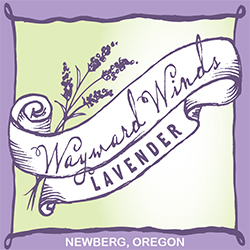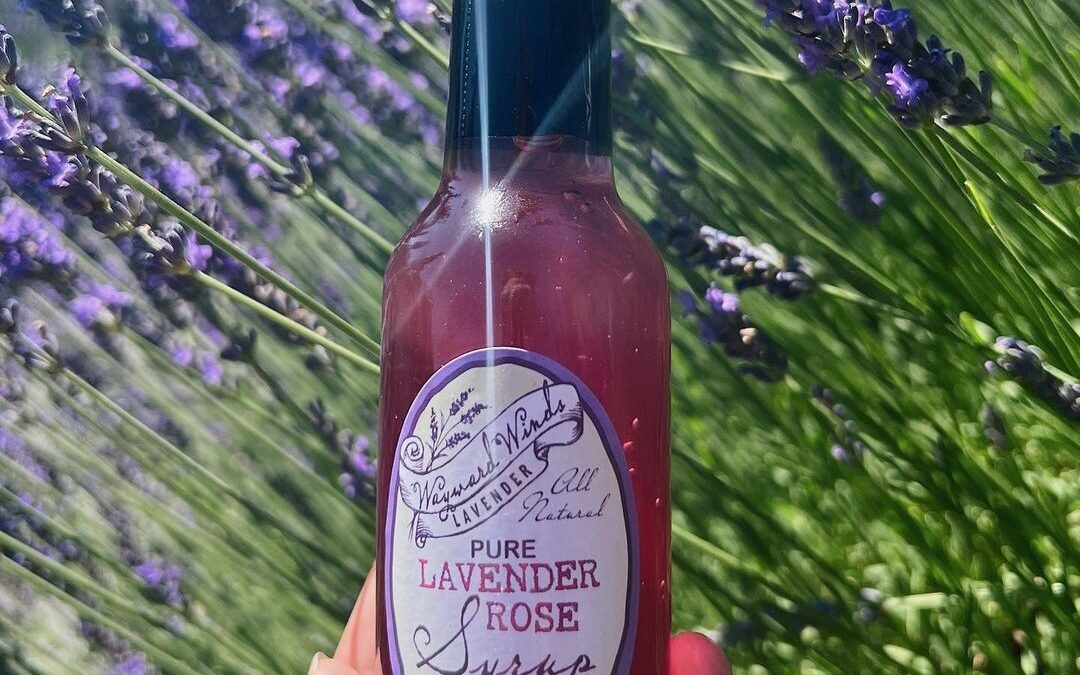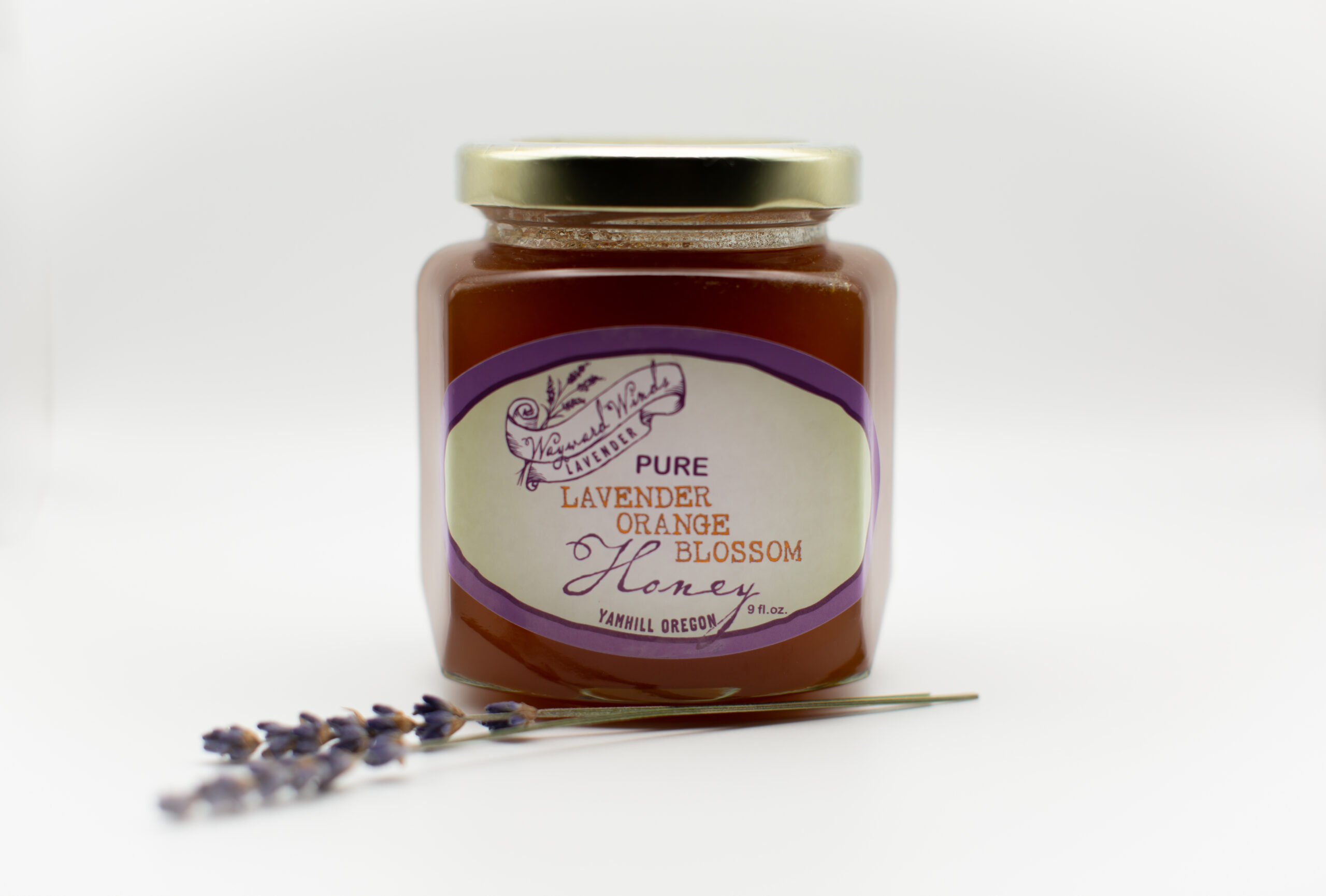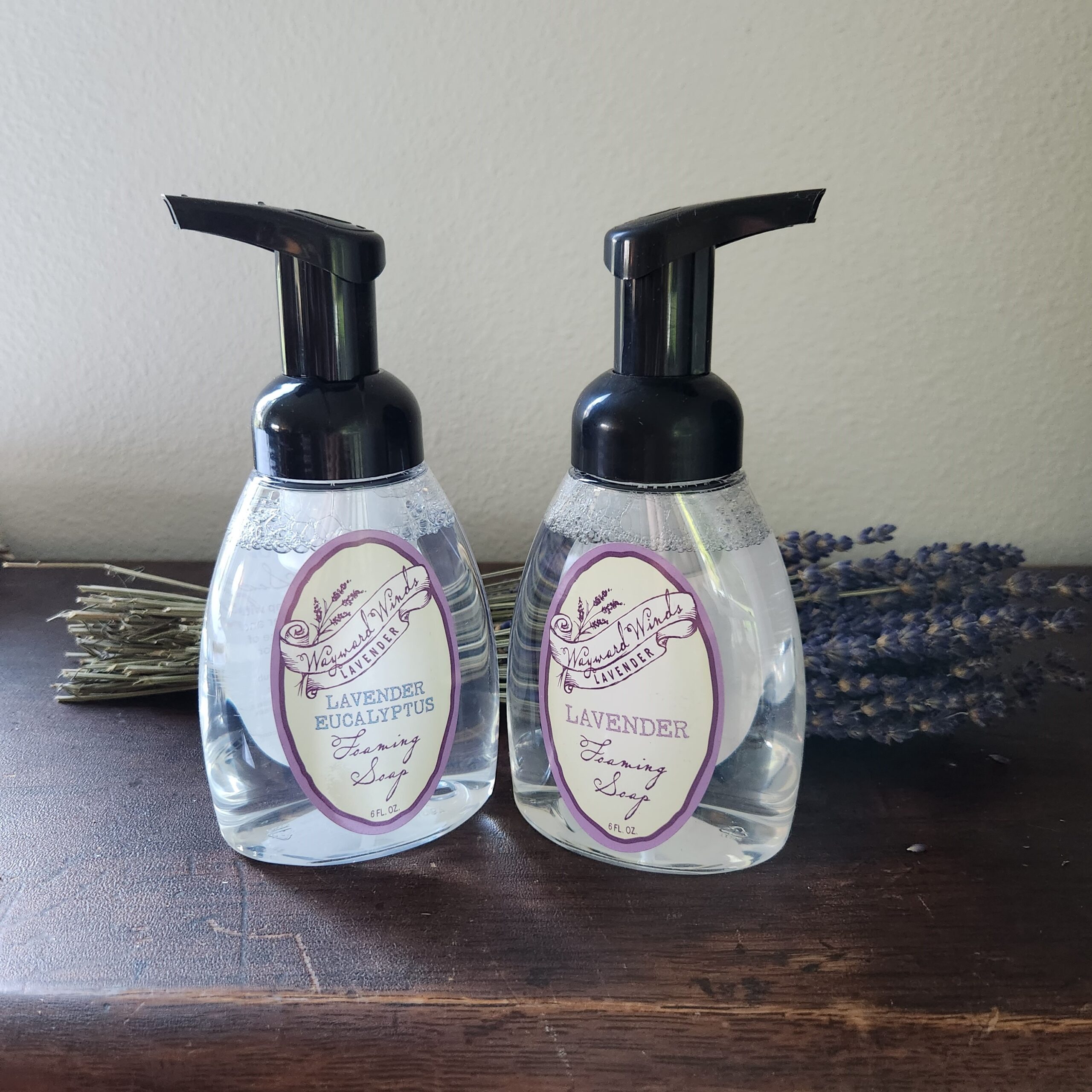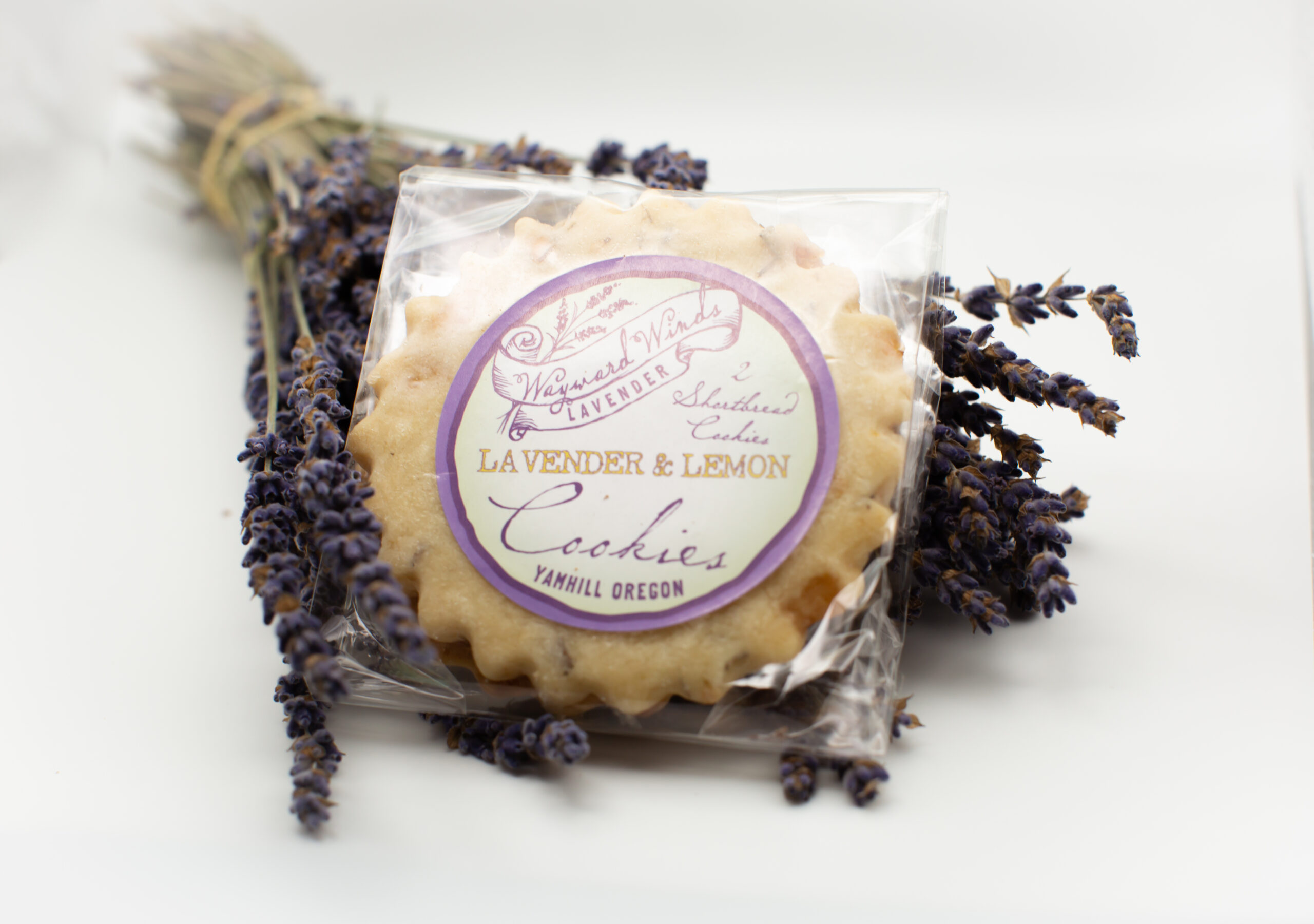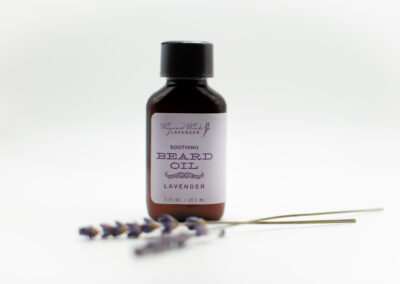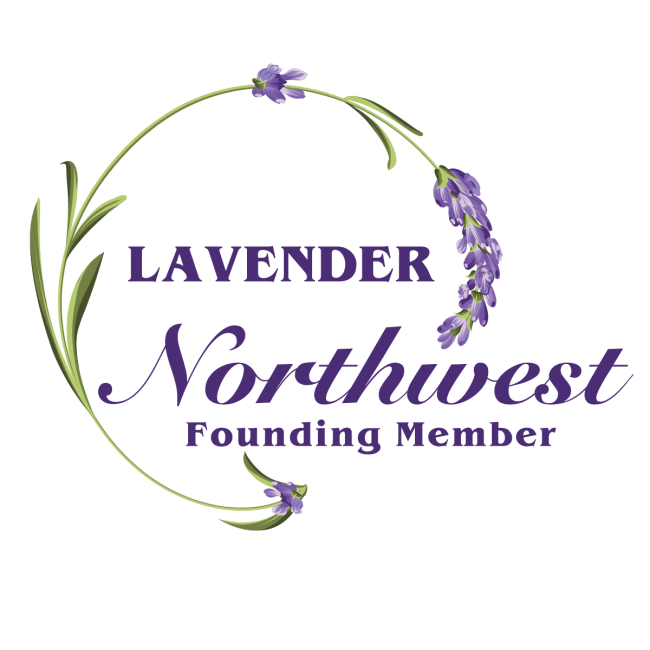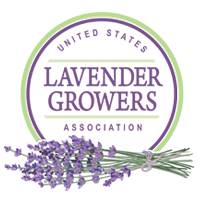“Expiration dates” or “best by dates” are completely voluntary, according to the USDA. These dates are based on a manufacturer’s best guess as to when peak freshness happens. Unfortunately, that is not how the public tends to view “expiration dates” and “best by dates”. These dates invoke an absolute that was never intended by the USDA. We choose not to put them on our products to allow our customers the most flexibility in selling, since the public perception is that it is no longer good or safe after the “date”. But many companies will use the dates to encourage customers to use it up or throw it out and buy again – not because the product goes “bad”. This is not what we want for our customers as we know what it’s like to run a small local business.
We know our customers sometimes carry product over from one season to the next. So we deliberately choose ingredients and packaging that will provide a long lasting product. If you still have product at the end of a second season, we recommend having a sale or other means of clearing it out. That way the purchaser will have a reasonable amount of time to use it before it might start to diminish in quality.
How can you keep your product at its peak freshness for the longest amount of time? It is most important to store your products in a clean, cool, dark place. Keep the seal on. Once opened, keep the lid on tight between uses and use only clean hands to touch the lid or the product inside.
The only exception for this storage tip is honey – which should be kept somewhere warm to increase time until it crystalizes. Honey crystallization is a natural occurrence in raw honey and shows that your honey is truly unpasteurized. We’ve heard of a few farms that have started to market their crystallized honey as “crunch honey”, which is a fun double entendre. Some people even prefer their honey crystallized for its spreadability.
Unless the product looks odd or smells bad, I would not be concerned about its safety. Separation sometimes occurs but does not necessarily mean the product is bad. It is likely a slight imbalance in ingredients and just needs a stir or a good shake, before putting it back on the shelf or sending it to customers.
One of the reasons we prefer to make our products hand-crafted in small batches for all of our wholesale clients is because we don’t want our product on our shelves for very long. This gives you a fresh product that will have the longest possible shelf life after you receive it. This may mean you have to wait slightly longer to get your product when you order, because we don’t have much product “on hand”. But we think our high quality, premium, products are worth it!
We do recommend trying to get products sold within a year or so, but we would not be afraid to sell things older than that if they have been properly stored.
A special note on our bar soap, it actually gets harder and lasts longer as it ages. At some point it will start to lose fragrance as it is not sealed in a package, but it’s still safe to use.
If you have any further questions about shelf life please reach out to team@waywardwindslavende.com
For the Love of Lavender,
Kristen & The Wayward Crew
